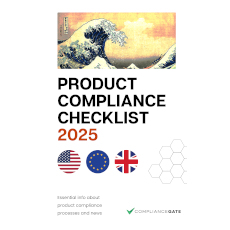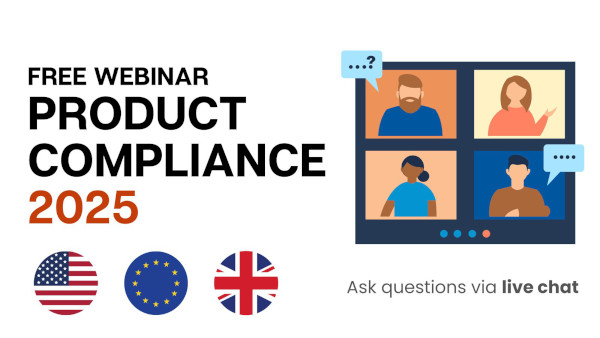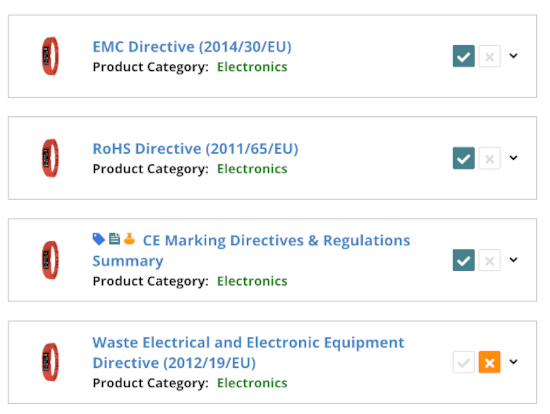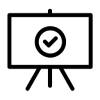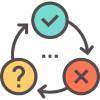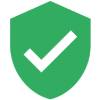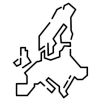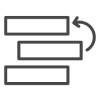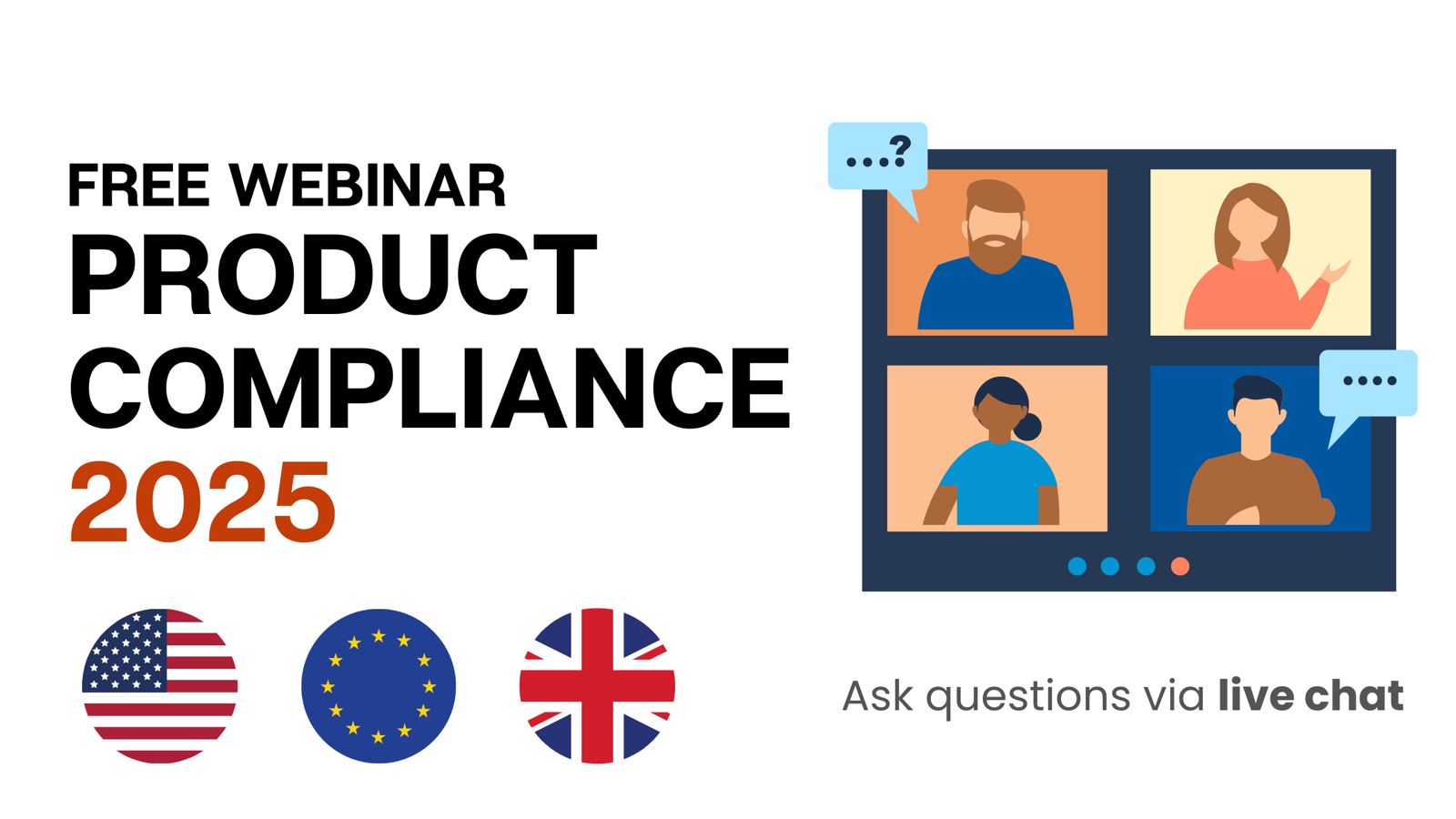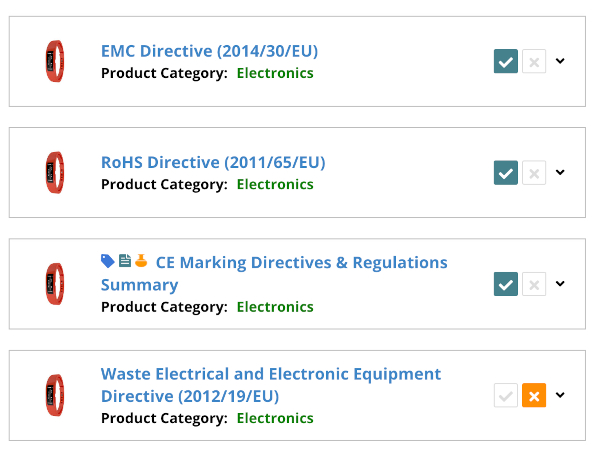Alibaba suppliers often upload lab test reports and product certificates on their company pages. Some buyers assume that this indicates that the supplier in question is by default “compliant” or “certified” in the sense that they exclusively make products in compliance with safety standards and regulations in the US, EU, and other countries.
However, this is far from the truth – and misunderstanding what test documents mean spells disaster for importers that are less experienced with product compliance.
Content Overview

FREE CONSULTATION CALL (US, EU & UK)
- Request a free 30-minute call with Ivan Malloci to learn how we can help you with:
- Find product requirements
- Certification and labeling
- Lab testing
Can I trust test reports on Alibaba?
Some suppliers upload lab test reports on their company profiles. Here are some common examples:
- EN 71 test reports
- ASTM F963 test reports
- OEKO Tex Standard 100 test reports
- REACH test reports
- RoHS test reports
However, lab test reports are only valid for the actual product that was tested. Test reports do not apply to other product SKUs or even batches of the same product model made at a later date.
A supplier may upload one or more test reports to demonstrate that they have – at some point in time – manufacture a product that passed a certain test. This is indeed a good sign. It tells you that they may have some capability to manufacture products in compliance with a certain regulation or standard. That’s certainly important when sourcing suppliers on Alibaba.
However, it does not mean that they as a company are “certified” or exclusively make products in compliance with the covered standards or regulations.
At best it’s an indication – a signal – used to filter suppliers on the Alibaba platform.
Test Report Checklist
Here are some ways you can further analyze the test report to assess if it is relevant:
1. Is the standard and regulation relevant to your country or market?
2. Is the standard and regulation relevant to the product?
3. Does it apply to a comparable product?
4. How old is the test report?
5. Is the standard still valid or has it been replaced?
6. Which company issued the test report?
7. Can the test report be verified?
Can I trust product certificates on Alibaba?
Product certificates are documents that one way or the other “certify” or “declare” that a certain product is compliant with a list of standards and regulations. Here are some examples:
- Children’s Product Certificate (CPC)
- General Certificate of Conformity (GCC)
- Declaration of Conformity (DoC)
- Declaration of Compliance
It’s relatively rare that suppliers on Alibaba.com upload product certificates. One likely explanation for this is that most product certificates and declarations must be issued by the importer in the respective markets, such as the EU and the US.
Further, it’s also quite rare that manufacturers in China, and elsewhere in Asia, have the expertise needed to create these documents. It’s simply not what they do.
That being said, the same principle as for the lab test reports applies in the event that you manage to find a supplier on Alibaba listing one or more product certificates. Product certificates are only valid for a certain product model – sometimes even a single production run.
At best, such a document demonstrates that the supplier has some experience manufacturing compliant products – but it does not in any way indicate that all their products are by default “certified”.
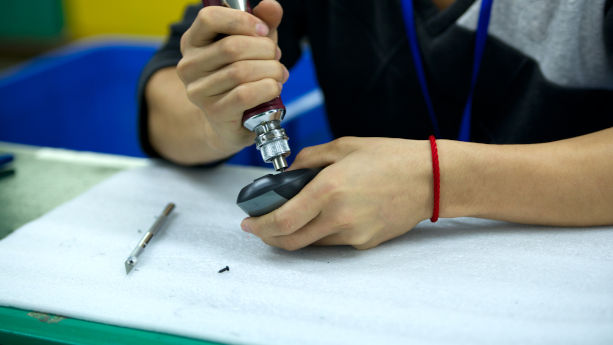
How can I determine if a supplier on Alibaba can make compliant products?
Suppliers on Alibaba, and elsewhere, cannot simply be divided into those “making compliant products” and those that don’t. Some suppliers have no experience making compliant products in compliance with EU, US, and other national/regional safety standards simply because they are not primarily exporting to those markets.
Other suppliers on Alibaba have more experience manufacturing products for these markets, and these are also often the ones that upload test reports and certificates to demonstrate this expertise – and by extension attract new customers.
That said, there are a few ways you can identify such suppliers on Alibaba:
1. Search for the product name + product standard/regulation
- T-shirt REACH
- T-shirt OEKO Tex Standard 100
- Power Bank RoHS
- Power Bank UL 2056
- Wooden Toy ASTM F963
2. Review their start page, product pages, and company profile and look for the following:
- Uploaded test reports in their company profile
- Uploaded product certificates in their company profile
- Do they mention standards and regulations (in writing) in the company profile?
- Do they mention standards and regulations (in writing) on product pages?
Does Alibaba guarantee that all listed products are safe and compliant?
Alibaba does not guarantee that products are designed in compliance with all applicable standards and regulations in your country or market. Doing so would require that Alibaba:
1. Reviews all technical drawings submitted through the platform and assess if these are compliant
2. Provides compliance guidance and consulting to the buyer and supplier
3. Arranges lab testing
4. Monitors product development and prototyping
This is obviously an impossible task for Alibaba, regardless of whether it concerns the development of new custom-designed products or existing factory-designed products. Further, Alibaba cannot verify every single statement on the suppliers’ pages or the documents they upload.
Alibaba is a supplier directory. It’s not realistic to expect that they have compliance experts monitoring every single conversation or exchange between buyers and sellers in real-time. Nor have they ever claimed that a test report or certificate – or statement for that matter – guarantees that all products made by a certain supplier are compliant by default.
Can I ask my supplier for advice on product compliance?
No, you should never ask your supplier for advice on safety standards, labeling, and certification for the simple reason that they are not product compliance experts. At best they have a rudimentary understanding of what these concepts mean – likely derived from working with brands in the EU, US, and the UK.
But, the vast majority of suppliers – on and off Alibaba – don’t have in-house product compliance experts.
Ask yourself. Is it realistic to expect that manufacturers in China and elsewhere keep up to date on every single regulation and standard worldwide relevant to their industry?
I certainly don’t think it is.
How do I ensure that my product is safe and compliant when sourcing on Alibaba?
It’s ultimately up to you as a buyer to clearly communicate all compliance requirements to your supplier. This is not unique to buying from suppliers on Alibaba.com, but when you import products in general.
Here are some steps you need to follow:
1. Assess all applicable standards, substance bans, and regulations
2. Ensure that your designs and technical drawings are designed for compliance before you send these to your supplier
3. Create all mandatory product and packaging label files and send these to your supplier before production
4. Create all mandatory product certificates and declarations*
*Usually not sent to the supplier
5. Arrange lab testing (can take place before production, after production, or both)


